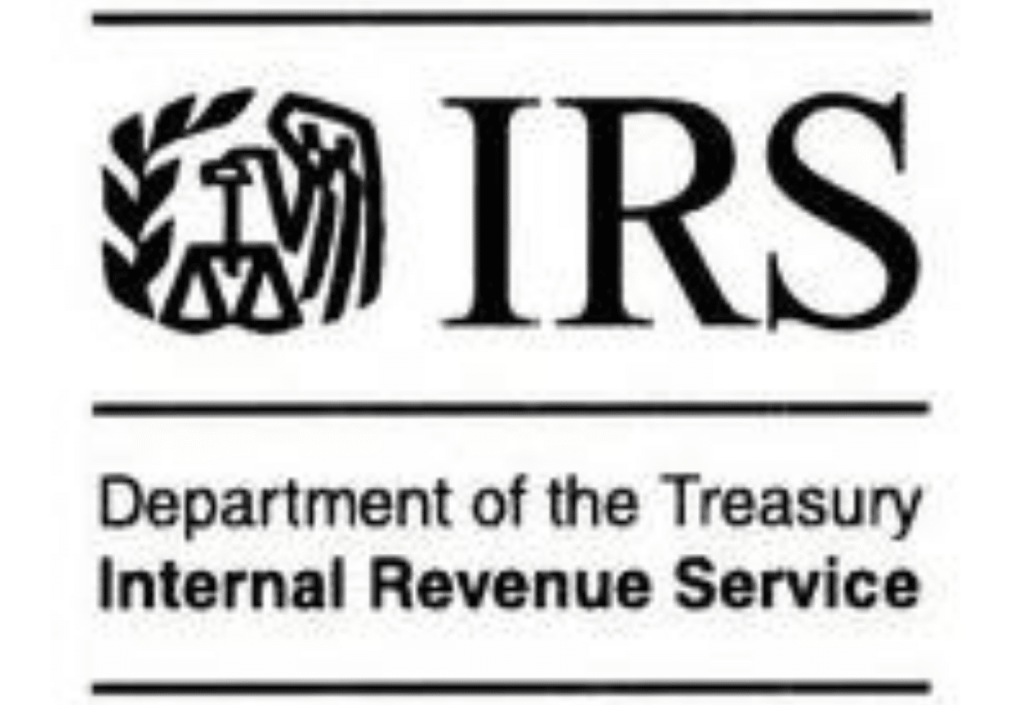
Top 10 Tips To Avoiding Conflict In The Boardroom
In the nonprofit realm, when conflict erupts it is usually in the form of disagreement with external stakeholders such as beneficiaries, funders, media and/or regulatory agencies.

In the nonprofit realm, when conflict erupts it is usually in the form of disagreement with external stakeholders such as beneficiaries, funders, media and/or regulatory agencies.

Under this definition of an electronic signature, responding yes or no in response to a question regarding whether a measure is approved suffices as an electronic signature for purposes of a unanimous written consent. This change makes it much easier to obtain approval of resolutions particularly with regard to time sensitive matters.

Nonprofits tend to view MOUs as a kinder gentler way to document their intentions. However, a contract is, at its core, an offer by one party to do something, an acceptance by the other party, and the promise to exchange something of value to seal the deal. Under this definition, the MOUs we see nonprofits create are almost always bare bones legal contracts.

Choosing the right carrier and policy may not be as straightforward as it seems. Unlike general liability insurance where there is standard policy language, each insurance company writes its own specialized D&O Insurance policy.
Non-profit organizations that are tax-exempt from federal and state income tax are not necessarily exempt from state and local taxes. In lieu of a sales tax, Arizona imposes a Transaction Privilege Tax (TPT) on seventeen separate business classifications. Certain tangible personal property and retail sales transactions are exempt from Arizona’s TPT.
The general rule is that sales made to churches, schools, and other non-profit organizations are taxed. However, under the Arizona Revised Statutes (A.R.S.) the following types of transactions are not subject to the State of Arizona’s Transaction Privilege Tax:
A cornerstone of corporate law is that a member of a board of directors owes fiduciary duties to the corporation he or she serves. One of these fiduciary duties is the duty of loyalty which includes a duty of confidentiality.

Nonprofit advisory boards are groups of talented, experienced, wealthy, or otherwise influential individuals who are invited to provide ongoing advice and support to a nonprofit’s

The IRS has released preliminary results from their study of tax-exempt organizations’ nonprofit governance practices. As expected, the preliminary findings suggest that organizations with good

In its 2012 workplan, the IRS announced it will be paying closer attention to self-declared 501(c)(4), (c)(5) and (c)(6) organizations. These groups include social welfare organizations; labor, agricultural and horticultural groups; as well as business leagues and chambers of commerce. Such organizations consider themselves to be tax-exempt because of the nature of their activities, but they have not filed for nor received a formal determination letter from the IRS. These groups are allowed to operate without an official IRS determination because, unlike the 27 month filing deadline for 501(c)(3) charities, they are not subject to a deadline for filing an application for exemption.
As the time for calendar year nonprofits to file their annual tax return approaches, many nonprofits will need to remember which Form 990 their organization is required to file. As a refresher, the threshold requirements a different for each organization and depend on both revenue and assets.
Most states require you to register your organization if you solicit donations from their residents. Many states also require registration if your organization collects substantial or ongoing donations from their residents, even if you aren’t specifically targeting donors in that state. Download our comprehensive list of each state’s requirements.
Download our free guide to learn about the many elements needed to run a successful nonprofit organization, as well as how to avoid common pitfalls and mistakes.